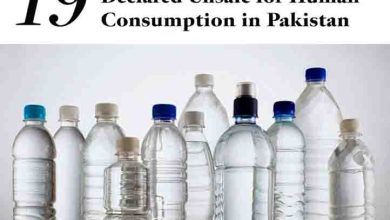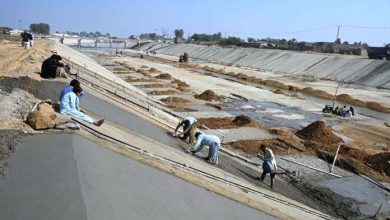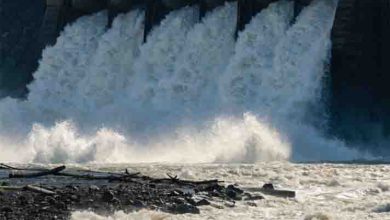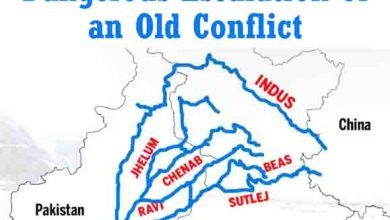Sindh Water & Agriculture Transformation Project Funding Needs Effective Water Policy
Sindh Water & Agriculture Transformation Project
Islamabad: Sindh government needs to finalise its water policy by August to ensure funding for the Sindh Water and Agriculture Transformation (SWAT) Project, asked Greg Browder from World Bank, while meeting with Sindh Minister for Irrigation Jam Khan Shoro.
Shoro informed the World Bank team that draft of Sindh water policy is under process and very soon it will be finalised by taking into confidence all the stakeholders. “Sindh water policy is an important matter and we are facing lots of different inter-provincial issues and it is connected with the future generation of Sindh,” he said.
Shoro further said, “we couldn’t finalise the Sindh water policy without the consultations and consensus of stakeholders including organisation of farmers and others.” Browder and other members of World Bank team, Francis Onimues and Josses Moeabi discussed the status of SWA project, Sindh water policy and the implementation of Sindh Barrages Improvement Projects in detail with Shoro. Meeting was attended by the concerned officers of Irrigation department,Sindh Irrigation and Drainage Authority (SIDA) including Managing Director, SIDA Pritam Das, Muhammad Ehsan laghari and others.
he SIDA MD said that Sindh Irrigation Department had initially prepared a PC-1 of Rs300 millions for the resettlement action plan to rehabilitate the areas which are located near Akram Wah and in this regard, Sindh government had approved it in the Annual Development Scheme. “Moreover, Rs200 millions has been added for PC1 under SWAT project for the resettlement action plan as well,” he added.
Tarbela Dam hits dead level
The Sindh Irrigation Minister Jam Khan Shoro has expressed deep concern that the Tarbela dam, which supplies water to Sindh, has reached dead level because the Indus River System Authority has opened TP and CJ link canals. In a statement on Monday Shoro said IRSA was conveyed apprehensions of Sindh in advance about the depleting level of Tarbela because of supply of water to Taunsa-Panjnad and Chashma-Jhelum canals.








**mitolyn official**
Mitolyn is a carefully developed, plant-based formula created to help support metabolic efficiency and encourage healthy, lasting weight management.